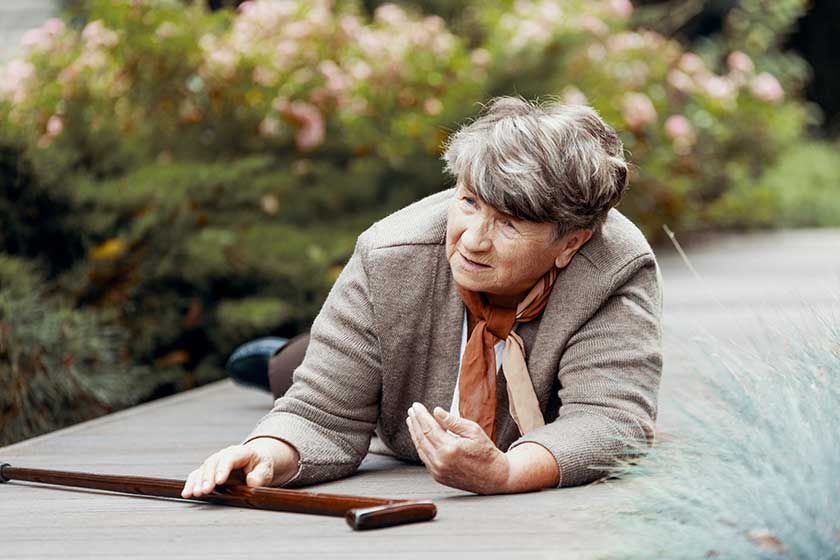Taking care of your elderly loved one can be a difficult and strenuous task. It goes beyond a simple display of love and affection as you need to spend time with them, assist them with daily activities, and look out for their physical and mental warfare while handling personal matters. With time, you can develop caretaker burnout, leading to stress and a build-up of negative emotions. You constantly feel tired, angry, stressed, frustrated, and guilty when you think you are not doing enough. These negative emotions are bad for your mental health and affect the quality of care you give your aging loved one. Learn five signs your senior needs care from a third party.
Hearing Problems
Hearing loss is quite common among the elderly. As we grow older, nerve cells in the inner ear begin to naturally break down, thus preventing the interpretations and detection of sounds. Hearing loss can be challenging to deal with as seniors affected tend to experience depression, loneliness, and social withdrawal when they cannot properly converse with people. When your elderly loved one experiences hearing problems, they can get better care and attention from special care programs in retirement communities.
Depression
When your elderly loved one has sudden anger outbursts or says hurtful things, remember that they may be depressed and try not to get offended. There are signs clinically depressed people will show. The signs include
- lack of interest in any activity,
- difficulty in making simple decisions {could also be an early sign of Alzheimer’s}
- bad sleep quality
- unstable eating pattern
- constant sadness and loss of purpose
- constant feeling of tiredness and aches
When you notice these signs, it is best to consider arranging extra care that will help them in ways you might not be able to.
Dementia
Dementia affects the ability to think, reason, remember things, make decisions and engage in daily tasks. In the early stages of the condition, your loved one may forget simple details like addresses and names, misplace personal items, and suddenly become unaware of what they were doing. While these early symptoms may come and go, over time, they can progress to the point where it is difficult for your loved one to recollect things and use basic mental skills. Other signs include
- forgetting to pay bills
- overdosing or forgetting to use medications
- neglecting their appearance and hygiene
- weight loss because they forget to eat
- forgetting directions to familiar places
Taking on the responsibility of reminding them of everything can leave them confused, frustrated, or upset. When your loved one begins to show signs of dementia, seek help.
Caring For Your Loved One at Our Retirement Community
At our retirement community, we have senior-specific health and wellness programs designed to improve the overall health and lifestyle quality of your loved one. Our professionally trained team members and medical personnel are available day and night to look out for your loved one. There are also scheduled trips, music performances, recreation opportunities, and many more exclusive senior living programs to keep your loved one entertained and happy. Contact us today to learn more about our senior living options.






